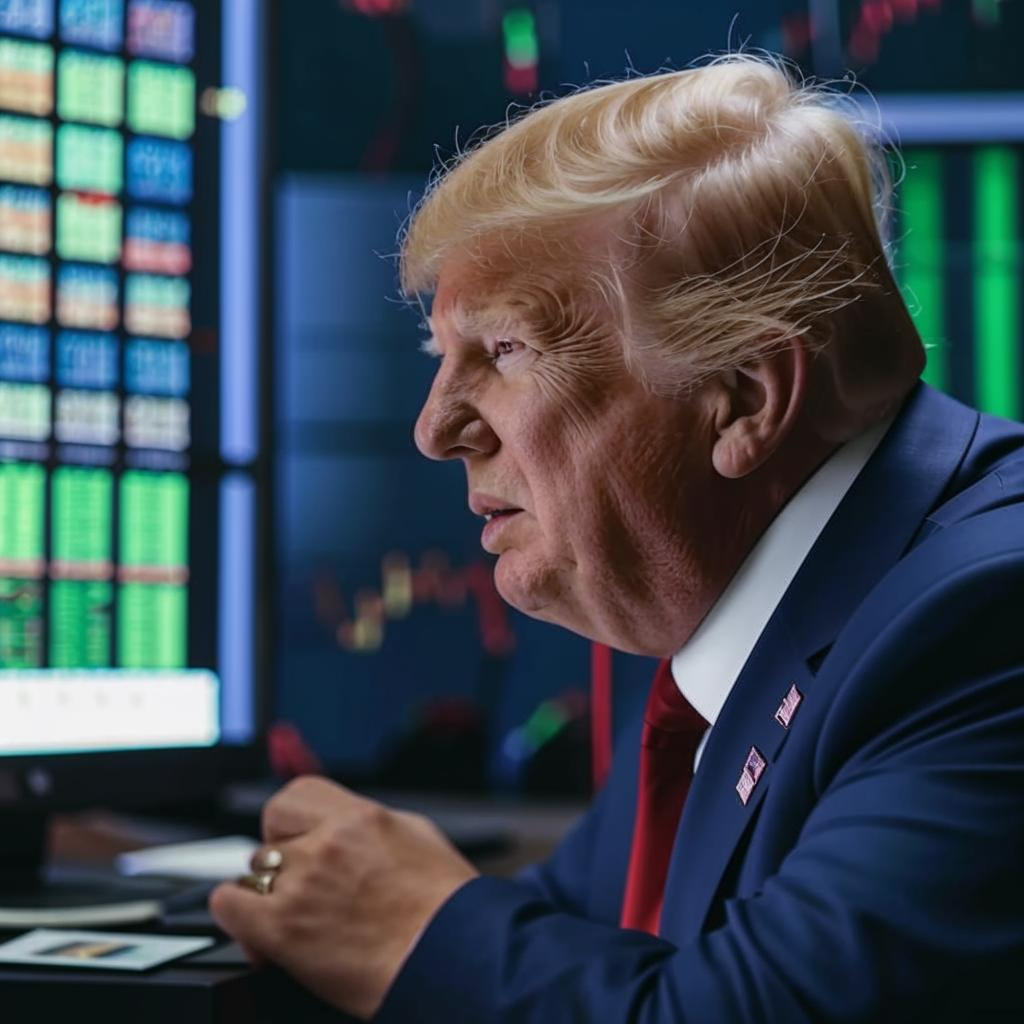The European Central Bank (ECB) has lowered interest rates, signaling growing concern over the impact of global trade tensions, particularly tariffs, on the Eurozone economy. This move aims to stimulate economic activity and combat potential recessionary pressures.
The ECB reduced the deposit rate to a record low of -0.5% and announced a new round of quantitative easing (QE), restarting its bond-buying program. These measures are designed to encourage lending, boost investment, and ultimately increase inflation towards the ECB’s target.
The decision reflects anxieties about slowing growth in major economies, fueled by trade disputes between the United States and other countries, especially China. Tariffs disrupt supply chains, increase costs for businesses, and dampen consumer confidence, leading to reduced demand.
While the ECB hopes these actions will provide a buffer against the negative effects of trade wars, some economists question their effectiveness, arguing that monetary policy alone cannot solve structural problems or fully offset the impact of tariffs. Others worry that negative interest rates could hurt banks’ profitability.
The ECB’s move underscores the growing interconnectedness of the global economy and the far-reaching consequences of trade policies. As trade tensions persist, central banks face the challenge of balancing their mandates for price stability and economic growth in an increasingly uncertain environment. The effectiveness of these measures remains to be seen. The risk of currency manipulation is also present with the devaluation of the Euro.











